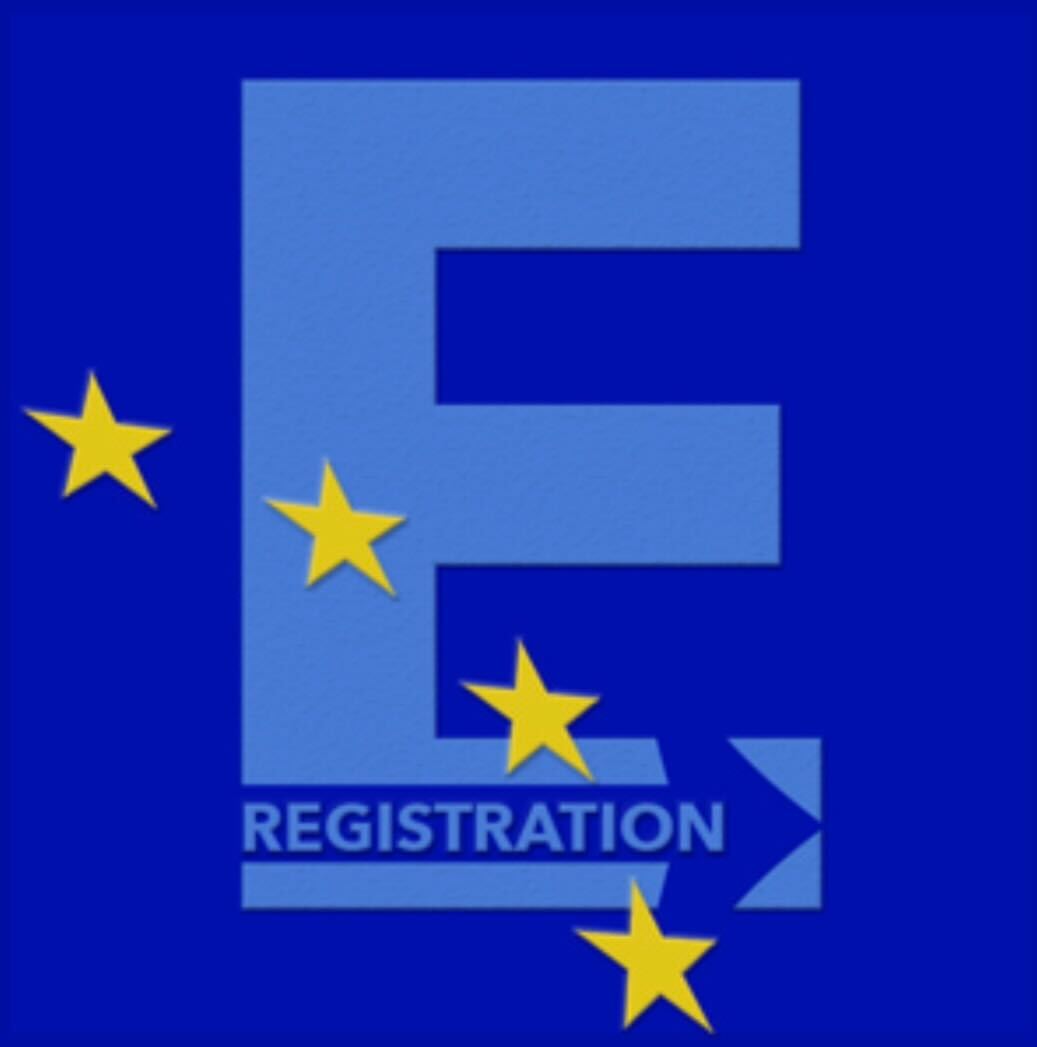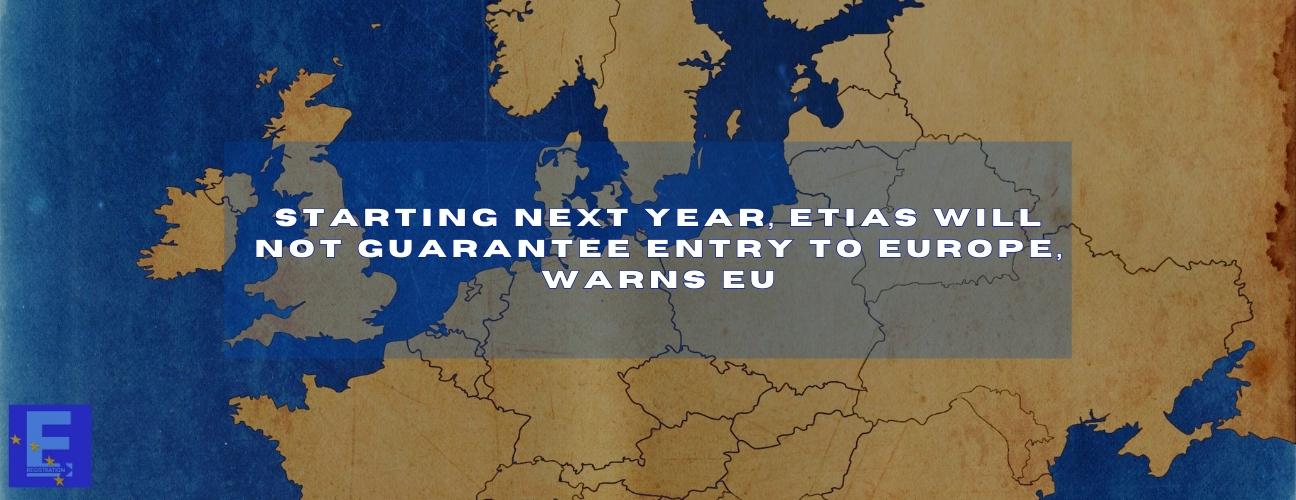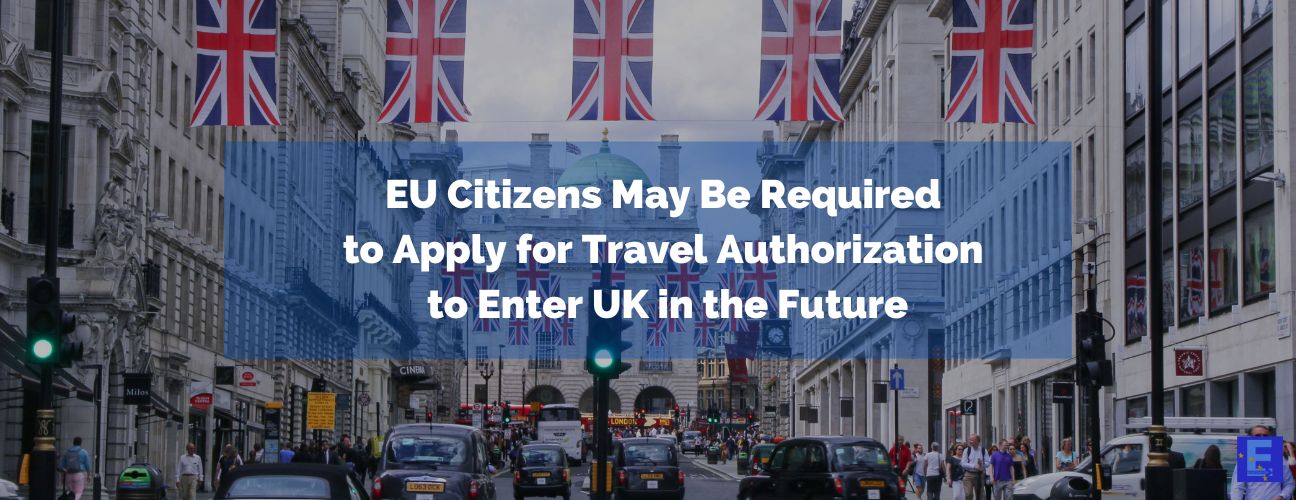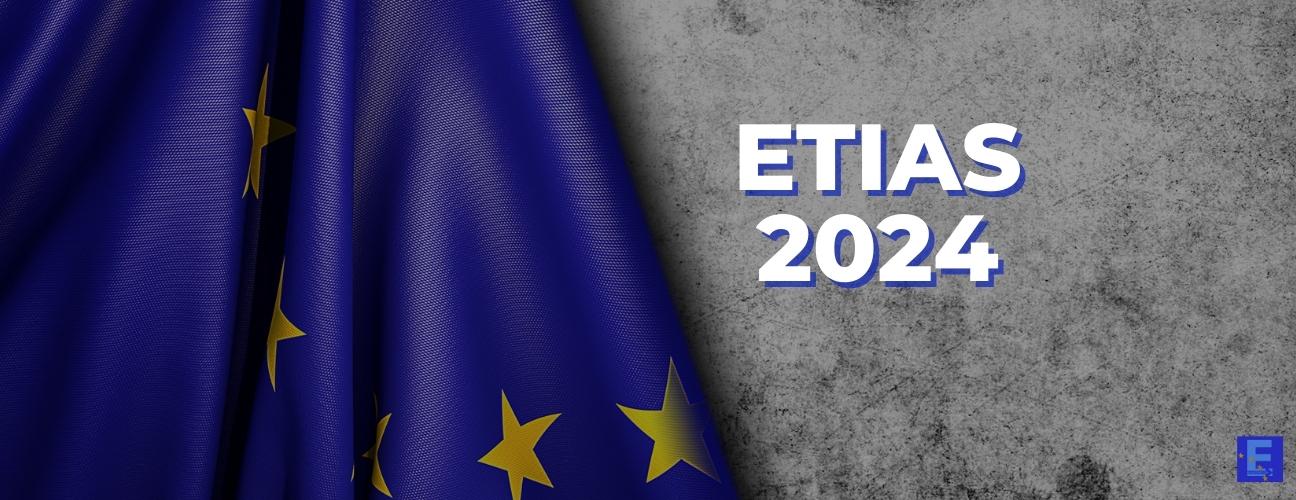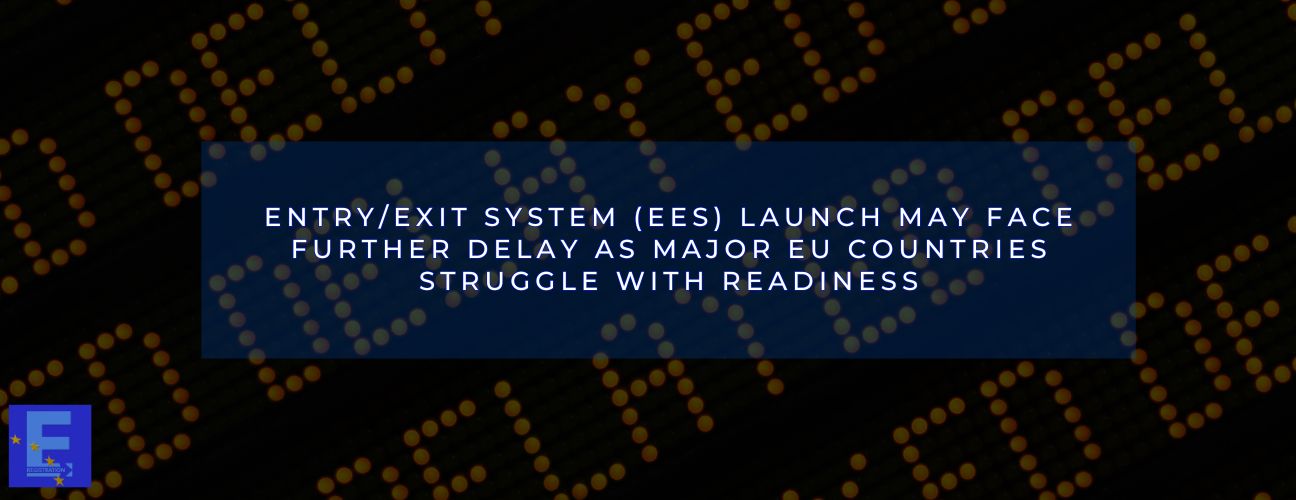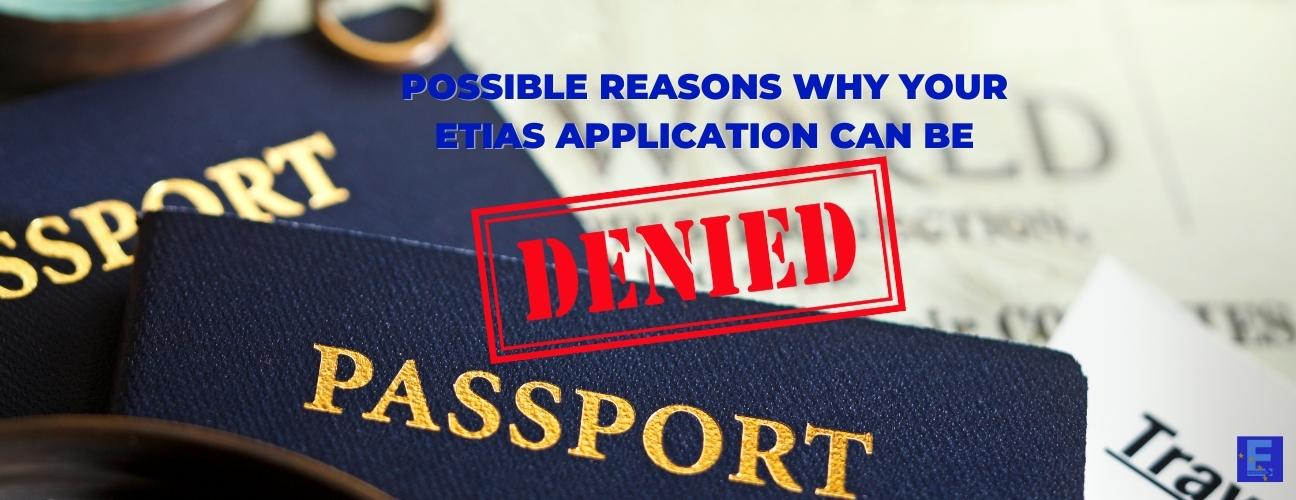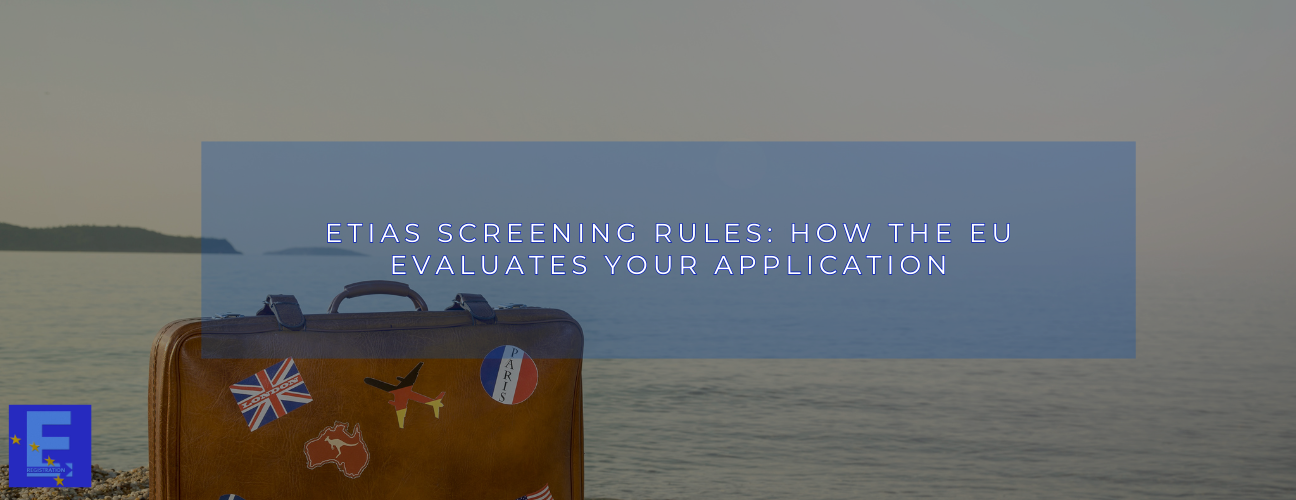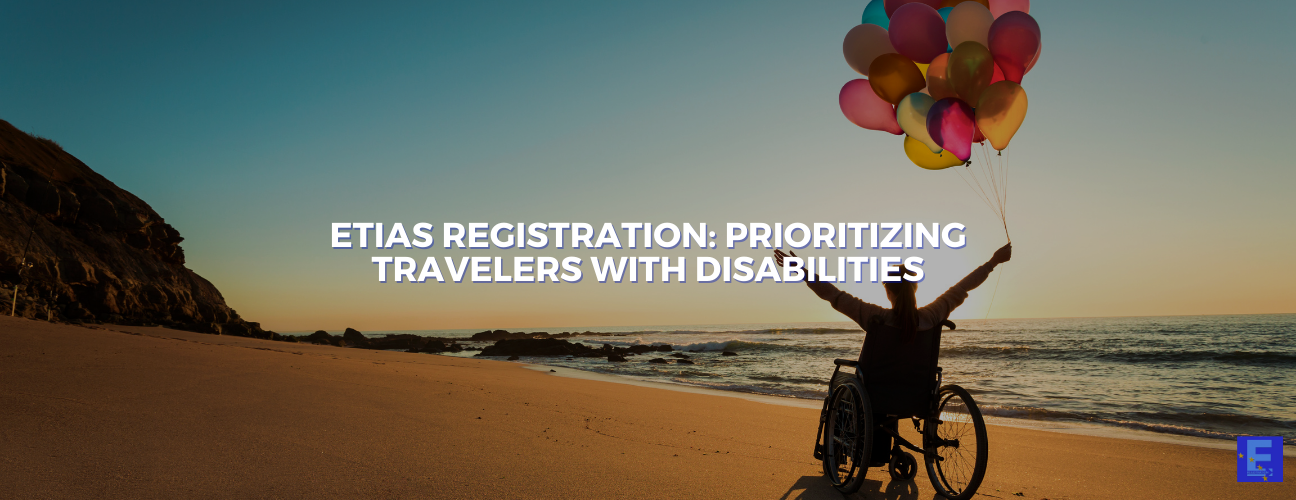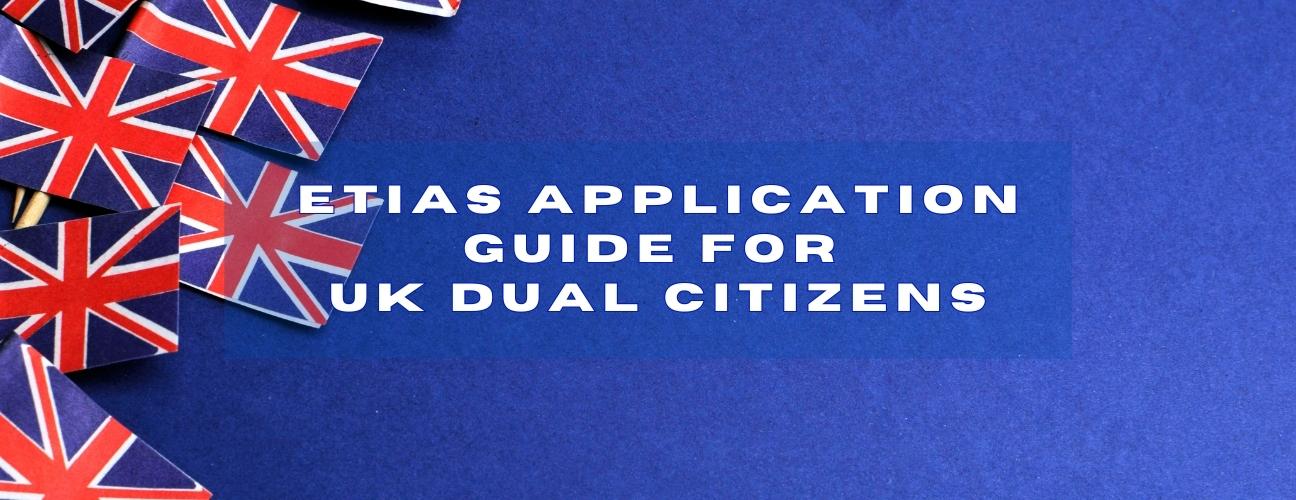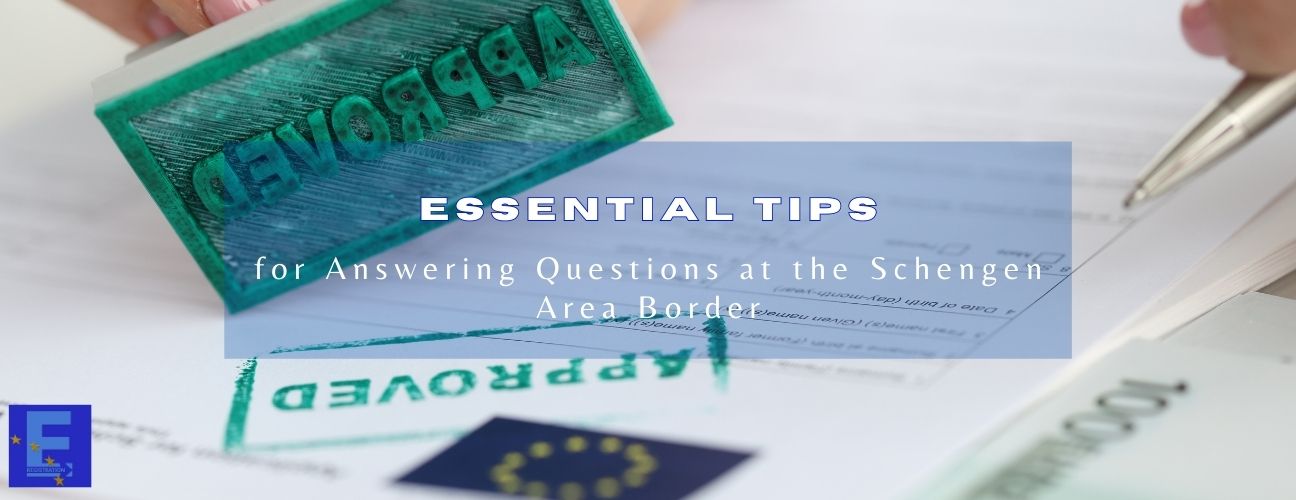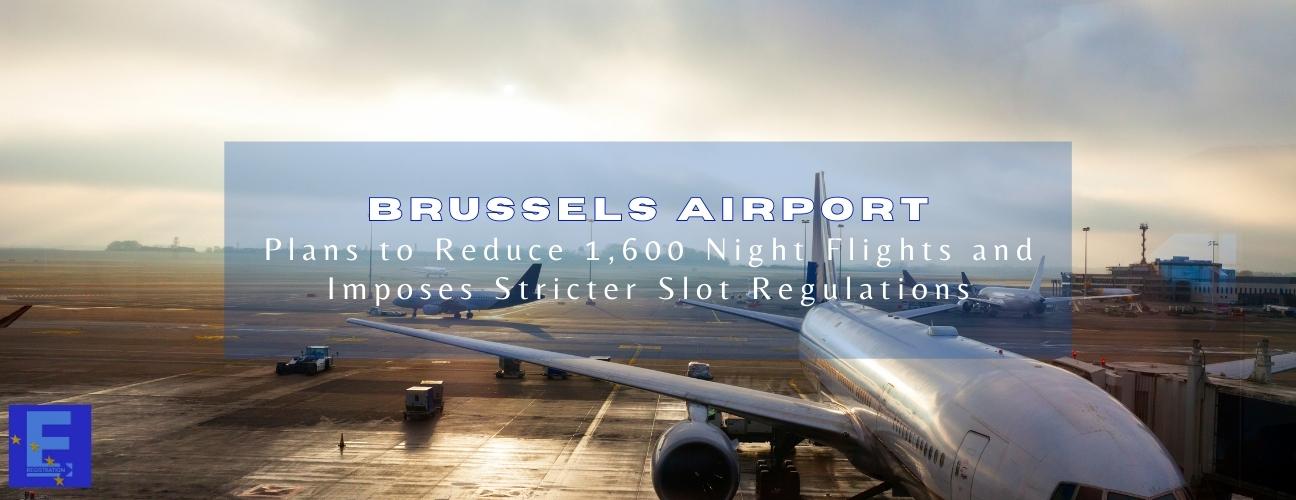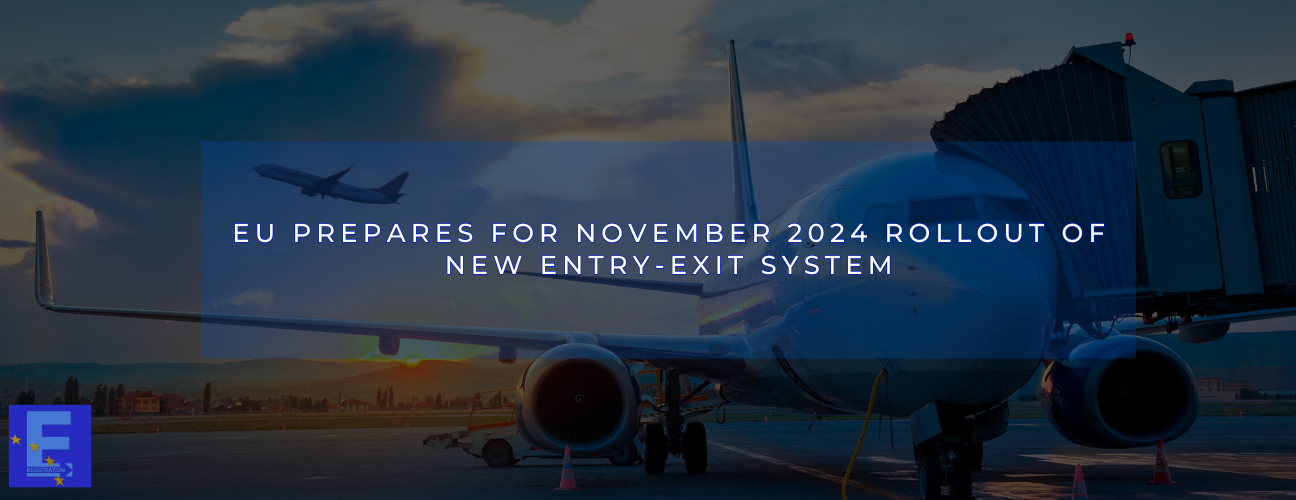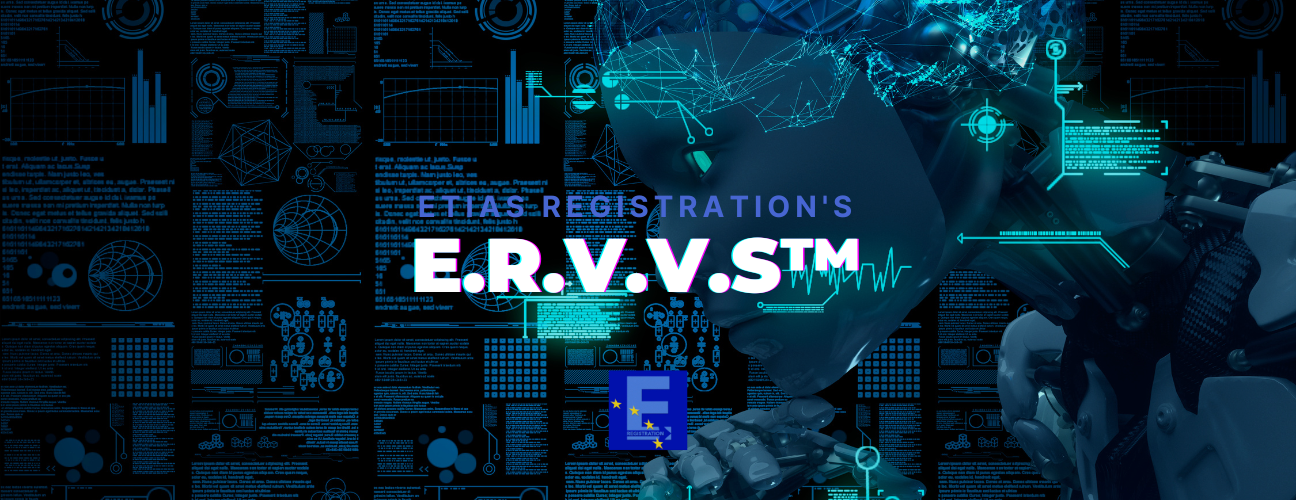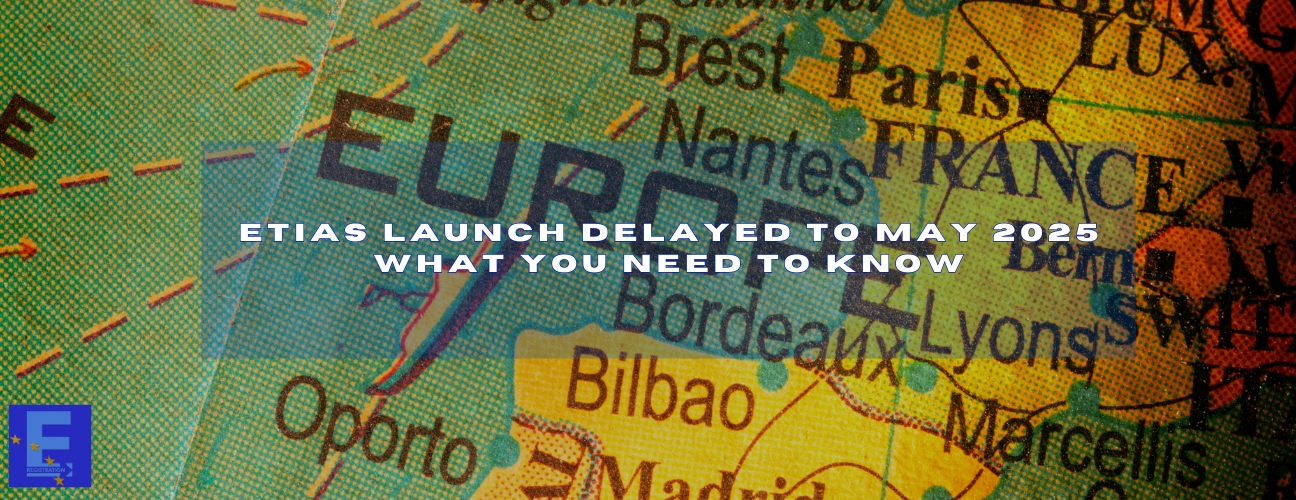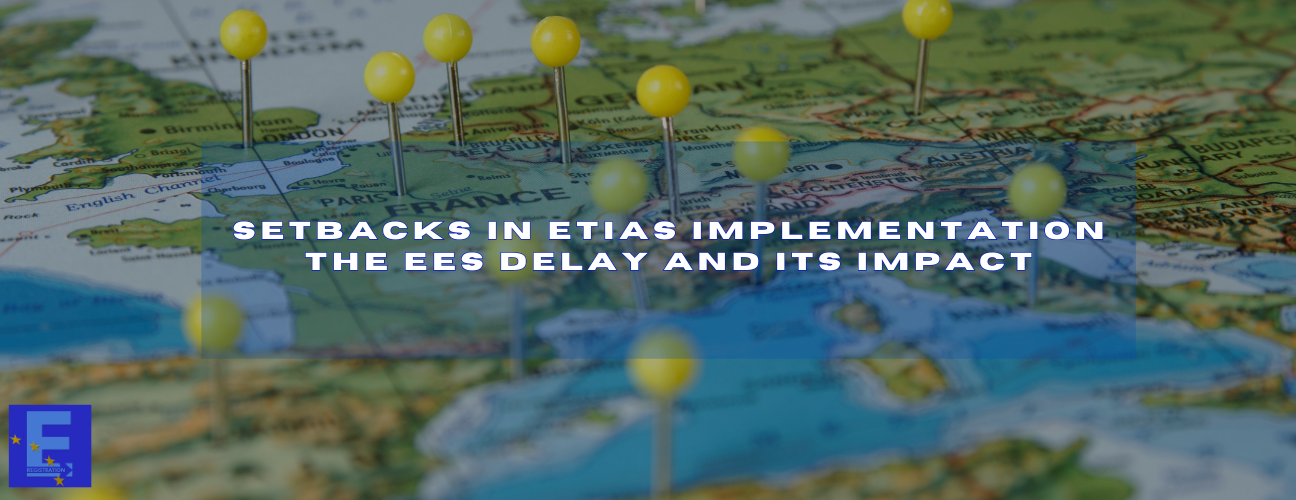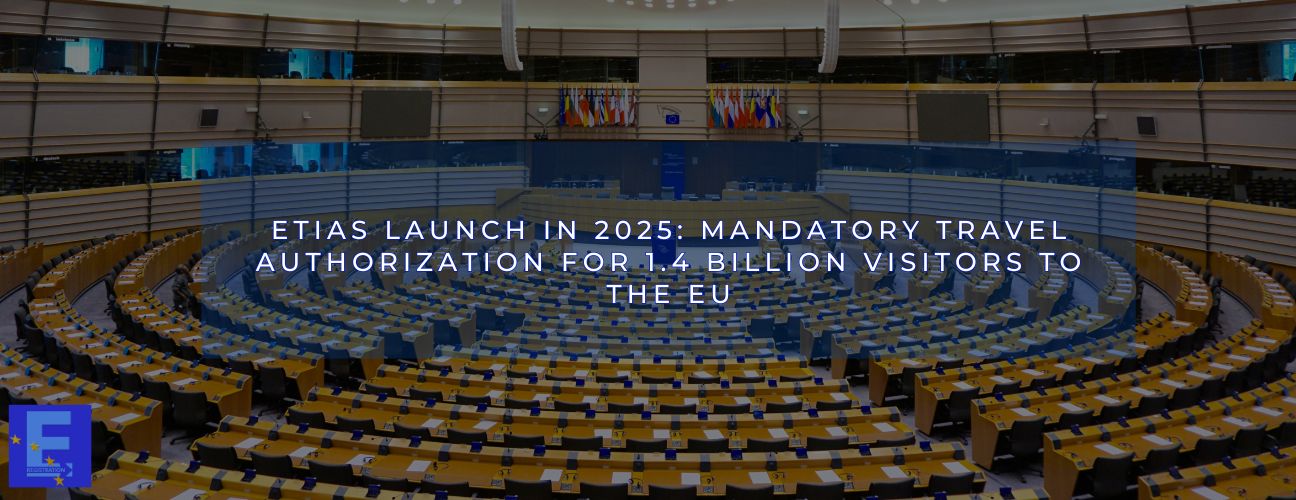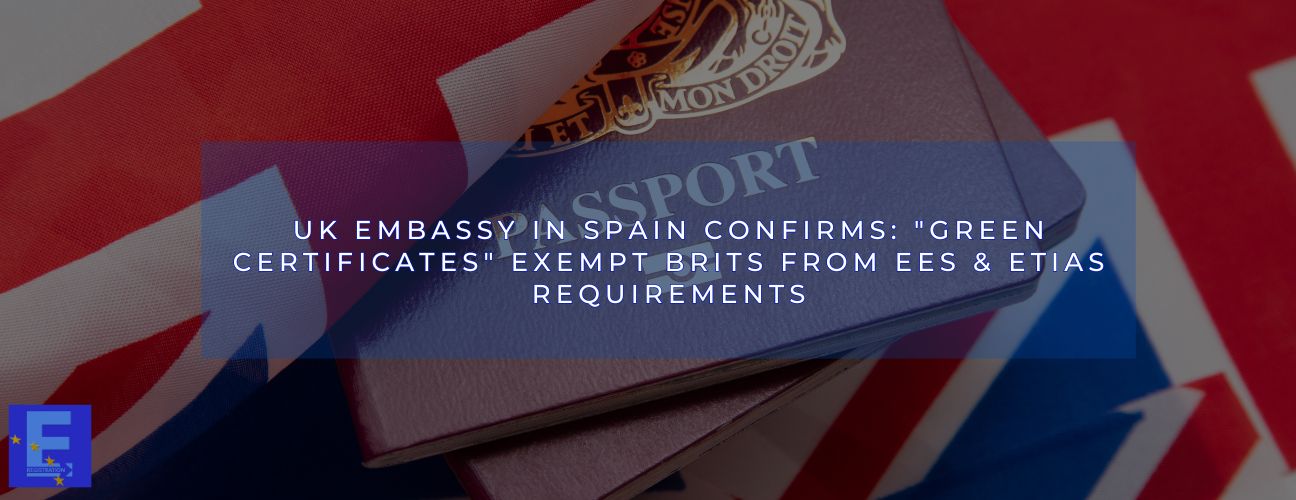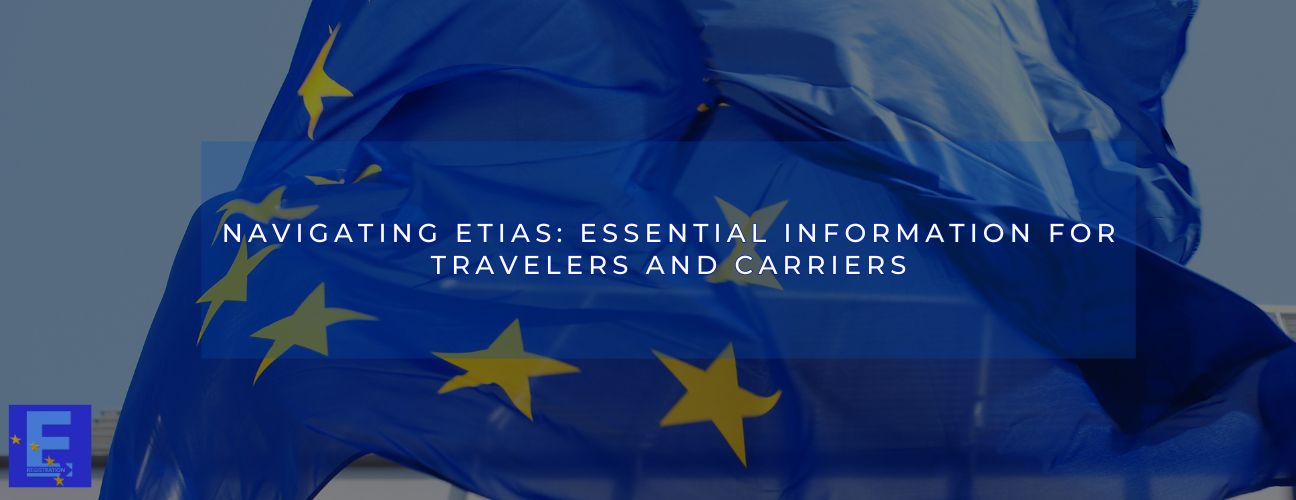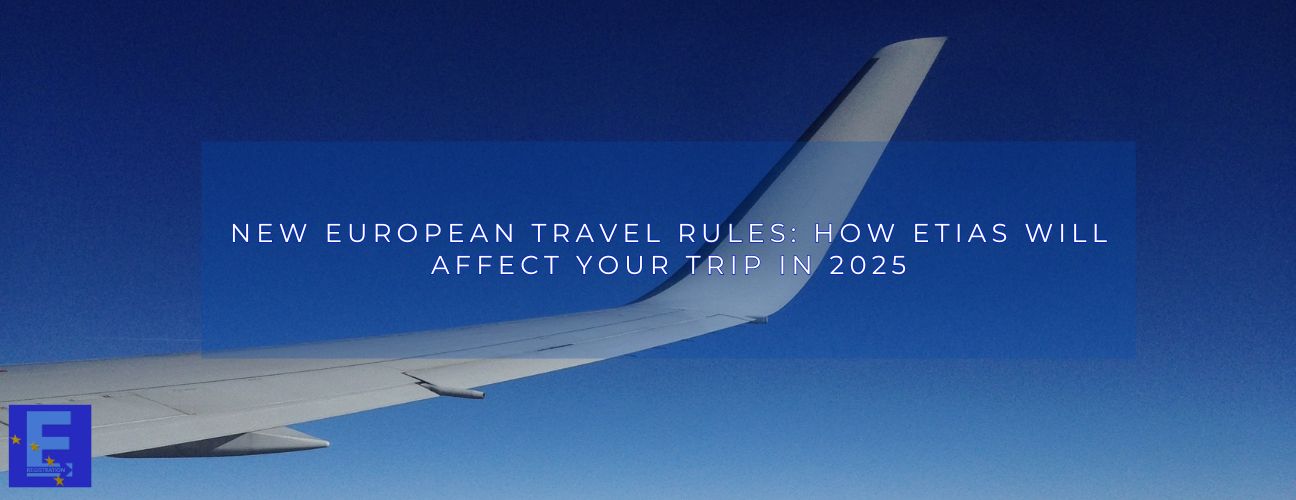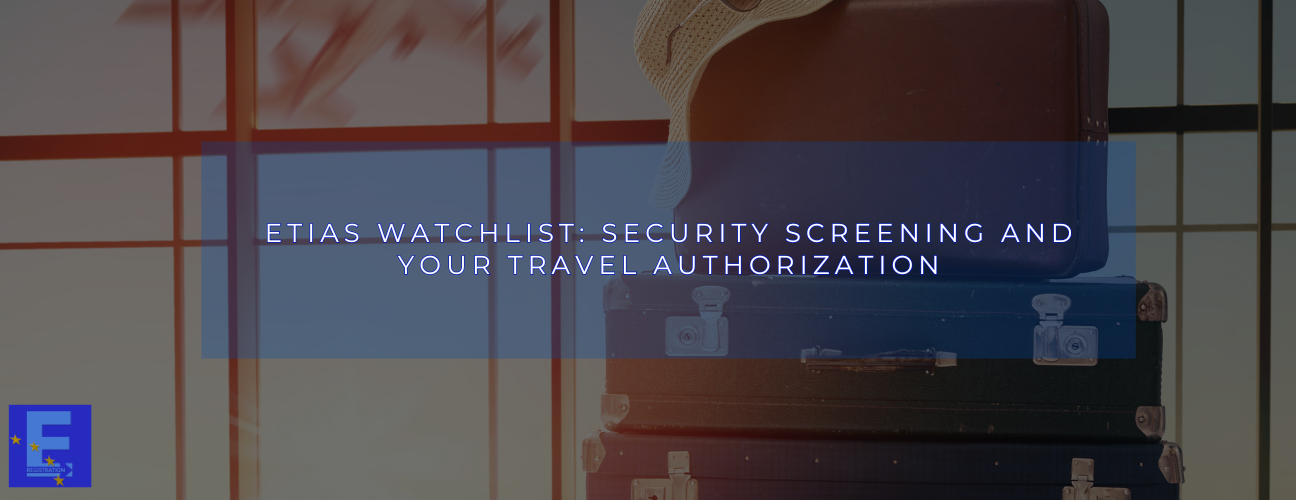Starting from the middle of 2024, the European Travel Information and Authorisation System (ETIAS) will be introduced, affecting travelers from over 60 countries who currently enjoy visa-free travel privileges within the Schengen Area. These travelers will be required to undergo an application process for ETIAS.
It's important to note that a successful ETIAS application alone will not guarantee entry into the Schengen Area. Once ETIAS is fully operational, travelers must adhere to specific visa-free conditions in order to gain access to the external borders of the European Union.
Border checks will involve verifying valid travel documents and the possession of an ETIAS. Additionally, border authorities may request information such as the intended duration of stay in Europe, the purpose of the visit, and proof of financial means to support the trip.
Furthermore, border officials will check whether the travel documents remain valid for at least three months beyond the planned departure date from the EU country requiring ETIAS and if the documents were issued within the last ten years. There will also be measures in place to detect counterfeit documents and assess whether certain nationals from third countries pose a threat to public security before granting entry into the EU.
Upon the launch of ETIAS, traveler details will be recorded in the Entry/Exit System, which will replace the traditional passport stamping process at EU external borders. This system will log entry times and locations, as well as store facial images and fingerprints.
The European Union underscores that travelers failing to meet entry conditions will be denied entry, unless exceptional circumstances defined by law apply. Once inside one of the 30 countries that require ETIAS, travelers can move freely among these nations without border checks.
However, it remains essential for them to adhere to the maximum permitted stay of 90 days within any 180-day period.
To address potential misconceptions, it should be clarified that ETIAS should not be mistaken for a visa, highlighting its streamlined and expedited application process.
